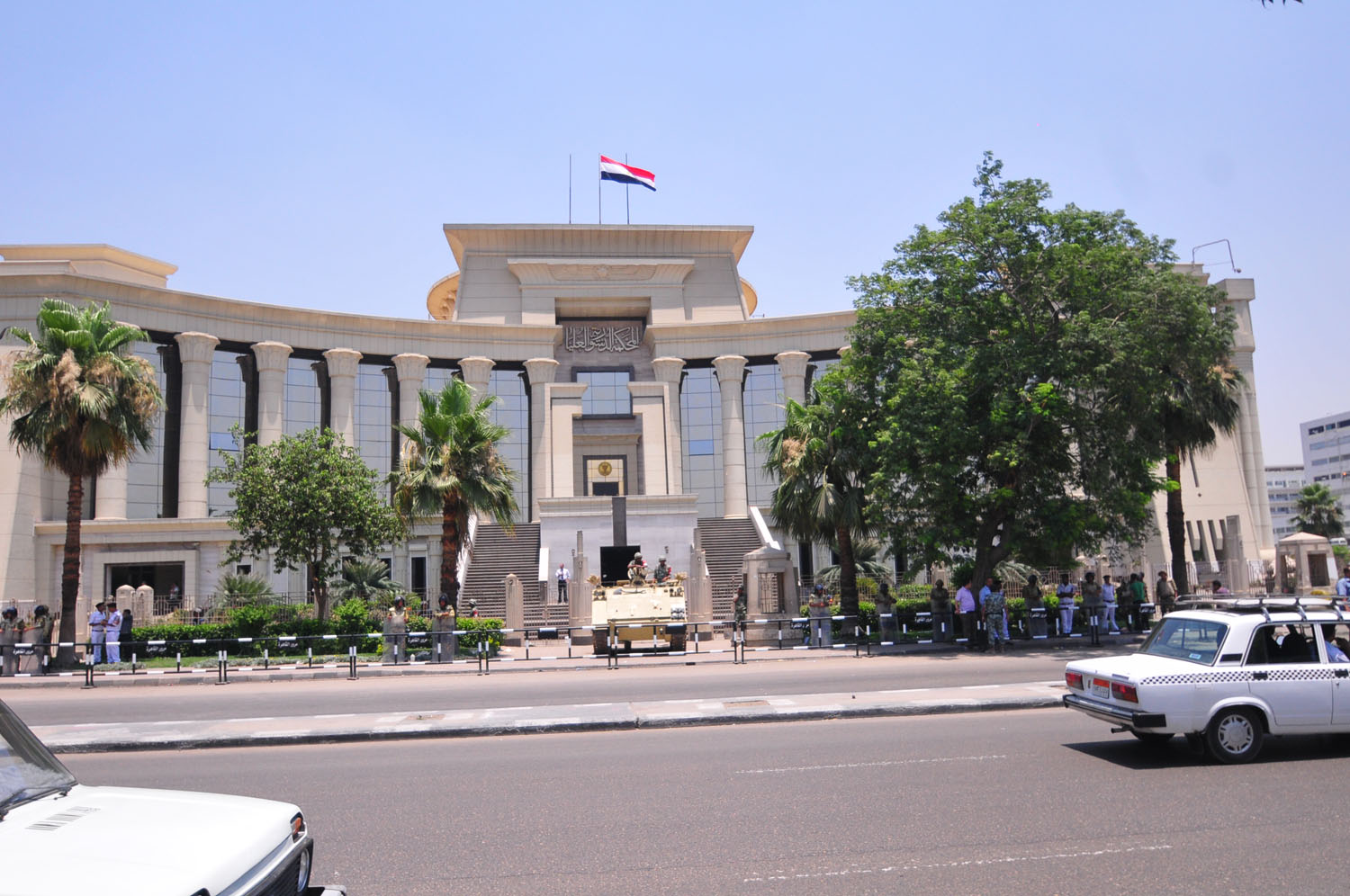We don’t usually give much thought to handicapped athletes but fortunately some people are not like us, like film star Hussein Fahmi, just selected as ambassador of the Middle East and North Africa region of SO, or Special Olympics.
Fahmi’s famed looks and appeal is certain to help realize SO’s simple goal: to improve the lives of athletes with intellectual disabilities (note that SO changed its official terminology from “mental retardation to “intellectual disabilities to be politically correct).
Fahmi will be entering a movement that has incorporated 2.5 million athletes from over 160 countries. More than 120,000 of them come from our part of the world. The quest is not over; the new SO strategic plan calls for reaching three million athletes by the end of 2010.
While not nearly as famous as the Olympics, SO is slowly making a name for itself. The Special Olympics World Summer Games are held every four years; this year’s championship will be held in Shanghai. And since Seoul 1988 and Albertville 1992, summer and winter Paralympic Games have been held at the same venues as the Olympics and in the same year.
Egypt is perennially high on the list of every Paralympics. In Athens 2004 we finished 24th out of 135 countries. The 23 medals we bagged – won mostly in athletics, power lifting and sitting volleyball – made us the best Arab country and in Africa, second only to the 13th place finish of South Africa.Helping SO gain recognition are some important people. Eunice Kennedy Shriver is as famous for being John F. Kennedy’s sister as she is for founding Special Olympics in 1968. Son Timothy is its CEO and president. Not to be outdone, our own First Lady Suzanne Mubarak is SO Egypt’s honorary chairwoman while heavyweight businessman Ismail Osman is its founder and current chairman.
Despite the progress of SO, the sheer numbers are hugely challenging. There are, in fact, 190 million people with intellectual disabilities in this world. More than 12 million are from the Middle East and North Africa (MENA). Attracting intellectually disabled athletes from Palestine, Iraq and the Sudan which suffer from war and chronic instability, to a sports program, is one complicated mission.
Some SO problems are self-inflicted. In Athens, there were 10 doping violations (isn’t being mentally challenged bad enough)? Must we cheat as well? The cheating also sometimes extends to who is indeed eligible to participate in Special Olympics. You must be identified by an agency or professional as having intellectual disabilities or cognitive delays that require specially designed instruction. But sometimes an able-bodied athlete manages to pass himself off as somebody else.
The biggest problem seems to be the stigma that is forever associated with people who are unlike us. Most of us don’t know what to do in the presence of a disadvantaged individual. Are we to be extra nice, should we patronize, should we interact at all? We are always uncomfortable, hoping the awkward moment ends as quickly as possible.
What Fahmi should be doing is sending not a message to the disabled but to us “normal people: that the real disability is being unable or unwilling to provide a more fulfilling life for those in need.
We hope Fahmi stays in his new post longer than the time he spent as UN Goodwill Ambassador before he abruptly resigned in protest against last summer’s Israeli blitzkrieg against Lebanon. While the reason for his resignation was noble, his job as goodwill ambassador involved fighting drugs, AIDS and poverty, not preventing wars.
Hopefully, Fahmi’s previous ill-fated tenure will not be repeated. It would look bad if he bolted from SO MENA at the first hurdle. The world is not idyllic; there would not be athletes with intellectual disabilities if it were.


